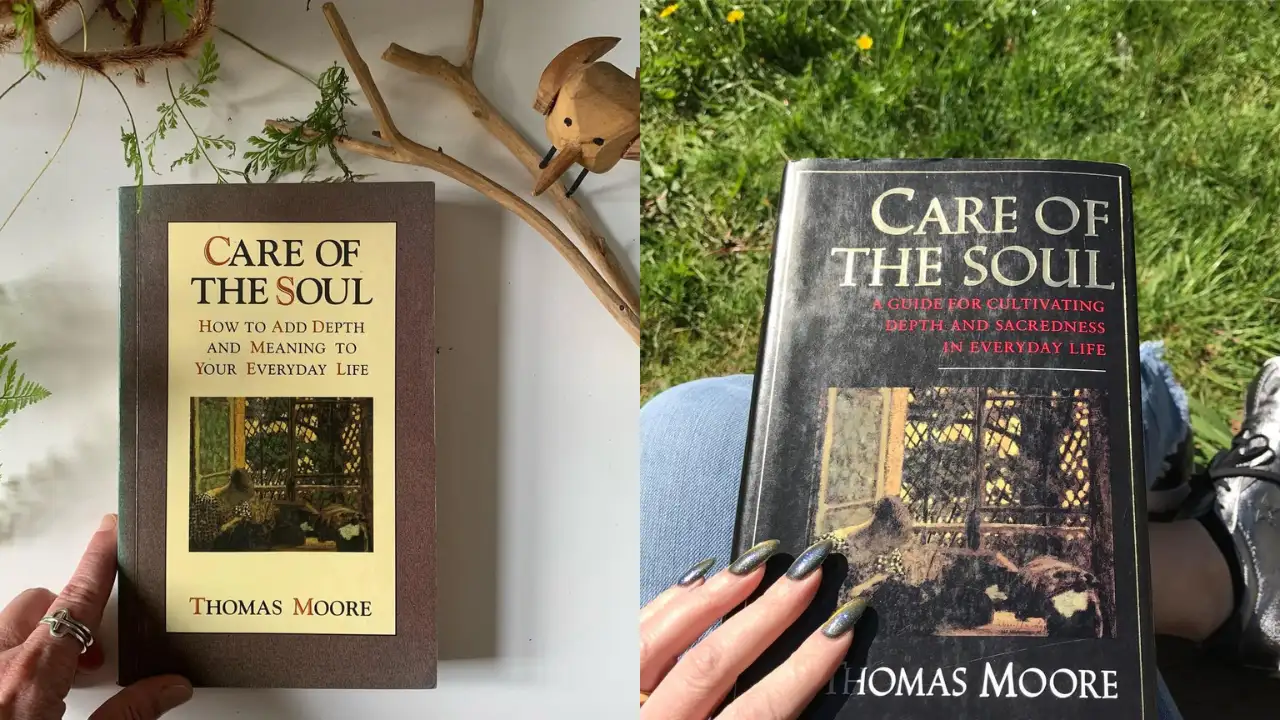By Girish Shukla
Copyright timesnownews

Most self-help books promise change. They give you lists to follow, rules to adopt, and mindsets to cultivate. Some may work for a while. Most fade by the time you finish reading. But every once in a while, a book comes along that doesn’t try to fix you. It invites you to look at yourself through a slower, more compassionate lens. One such book is ‘Care of the Soul’ by Thomas Moore. Also Read: The Forgotten Bestseller Hiding on Your Grandparent’s Shelf That’ll Leave You Speechless First published in 1992, ‘Care of the Soul’ was an unexpected success. It stayed on The New York Times bestseller list for over a year and quietly crept into thousands of homes. And yet, despite its popularity then, it rarely features in today’s conversations about mental health or personal development. That’s a loss. Because this is not a book that promises healing. It offers something far deeper – a lifelong relationship with your inner world. A Different Kind of Self-Help What makes ‘Care of the Soul’ different from other books in the genre is that it does not treat the reader as a project in need of repair. Moore, a former monk and a trained psychotherapist, draws from mythology, depth psychology, art, and ancient spiritual traditions. He writes like someone who respects the complexity of being human. Instead of trying to erase pain, the book encourages us to engage with it. Moore doesn’t suggest we remove sadness, envy, anxiety, or confusion. He urges us to stay with them, to listen, and to ask what part of the soul they may be trying to express. Where most books push for solutions, Moore leans into questions. This approach may not offer instant results, but it does something more meaningful. It builds a long-term connection to the self – not the self as a brand or a productivity machine, but as a layered, imperfect, and deeply feeling entity. The Power of Myth and Metaphor One of the book’s lasting strengths is its use of myth and metaphor. Moore talks about the soul not as an abstract religious concept, but as a living presence within our everyday choices and relationships. He finds meaning in the mundane in depression, in cleaning a kitchen, and in the way we argue with a partner. He doesn’t aim to be your guru. He positions himself more like a translator. His writing interprets old myths, dream symbols, and archetypes in ways that make the reader feel less alone. When he writes about the soul’s hunger for beauty, or its quiet longing for ritual and reflection, it does not feel preachy. It feels like a reminder of something we already knew but forgot to honour. Slow Reading for a Fast Life ‘Care of the Soul’ is not a book you rush through. It resists the idea of quick fixes and fast results. In that way, reading it becomes a ritual of its own. A practice in patience. The book is divided into chapters that feel almost circular, returning to ideas again and again, deepening them instead of moving on. This can be challenging for some readers. There are no numbered steps. No promises of transformation in 21 days. But for those tired of being treated like a broken machine, it offers profound relief. It validates the slow, often messy nature of real emotional growth. Why It Still Matters Today In a time where burnout is widespread and hustle is glorified, ‘Care of the Soul’ feels radical. Not because it challenges the systems outside us, but because it questions how we treat ourselves inside those systems. It does not ask you to quit your job, break up with your partner, or wake up at five in the morning. It asks you to notice the shape of your daily life and to find soul in the very place you feel stuck. It reminds us that care is not just an action but a way of being. A kind of attention. A form of intimacy with the self. Also Read: The Forgotten Bestseller That Could Heal Our Deepest Divides Today Like all truly helpful books, ‘Care of the Soul’ grows with you. What you read at thirty will feel different at forty. What you highlight today may seem obvious tomorrow, and then profound again next year. That’s the kind of book it is, one that doesn’t become outdated because it was never trying to be trendy. It is not the loudest book on the shelf. It will not give you a morning routine or a calendar to fill. But it may do something far more lasting. It may change the way you relate to yourself.



